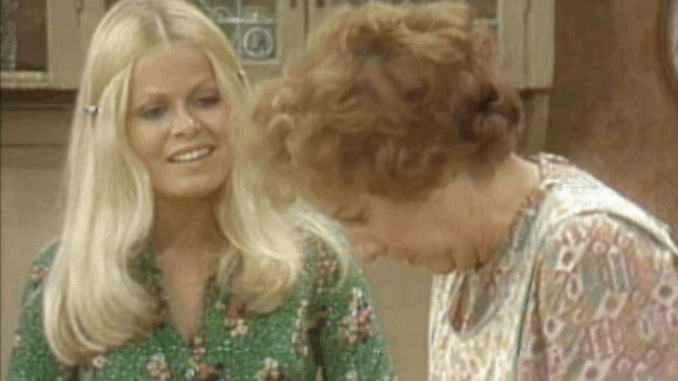
When All in the Family aired “Archie and the Computer” in 1974, few could have predicted just how prophetic it would be. Decades before computers became household staples and digital literacy defined socioeconomic opportunity, this episode gave audiences a humorous yet sharp preview of what happens when tradition collides with technology.
Archie vs. the Machine
In this memorable episode, Archie Bunker—Queens’ most notoriously opinionated blue-collar worker—returns to work only to find that his beloved timecards have been replaced by a brand-new computer system. Rather than embrace the change, Archie panics. He’s convinced the computer is out to get him, especially after it erroneously deducts money from his paycheck.
What follows is a hilarious yet insightful series of events where Archie attempts to “outsmart” the machine, revealing his distrust of automation, his fear of obsolescence, and his deep-seated discomfort with a world that’s evolving without his consent.
More Than Just Comedy
Like many episodes of All in the Family, “Archie and the Computer” uses laughter to disarm while delivering a deeper message. The episode taps into the anxieties of working-class Americans during the 1970s—men and women who feared that machines would replace them and that they’d be left behind in a world moving too fast.
In Archie’s stubbornness, viewers could see their fathers, uncles, or even themselves: people who worked with their hands and were proud of it, suddenly asked to trust a blinking box with their livelihood.
Why It Still Resonates Today
Fast forward to the 21st century, and the themes of “Archie and the Computer” feel eerily familiar. Today’s digital divide isn’t just about access to technology, but about the confidence and skills to use it. Just as Archie once feared the computer, many today fear being left behind in a rapidly digitizing world—whether it’s older generations navigating smartphones or workers displaced by AI and automation.
Norman Lear’s genius was in making these heavy themes approachable, relatable, and deeply human. All in the Family didn’t just make people laugh—it made them think.